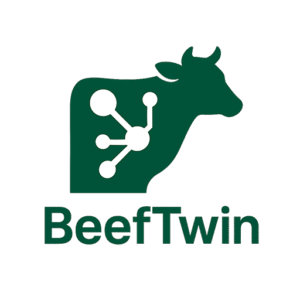About Us
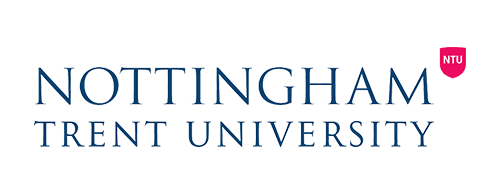

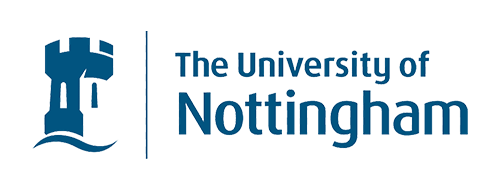
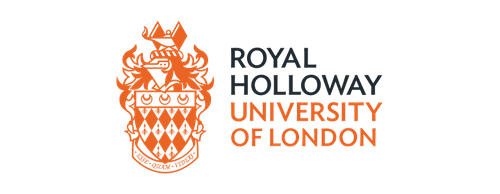


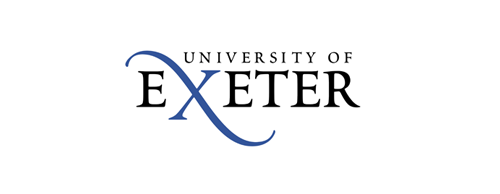
BeefTwin is a UKRI-funded interdisciplinary research project led by Nottingham Trent University’s Centre for Business Innovation and Transformation (CBIT). The project brings together experts in biosciences, environmental science, computer science, management science, and socio-economics to develop an AI-powered Digital Twin for sustainable beef farming.The team comprises researchers from different universities, each contributing unique expertise to improve feed efficiency, reduce greenhouse gas emissions, and enhance farm productivity across the UK beef supply chain.
Nottingham Trent University
Prof. Xiao Ma, Dr. Fatima Gillani
As the project lead, NTU coordinates all aspects of the research. Their team is responsible for integrating biological, environmental, economic, and behavioural data into a comprehensive Digital Twin framework. They are:
- Designing the AI-powered twin model that simulates beef production systems.
- Developing decision-support tools to help farmers improve feed efficiency, reduce emissions, and boost profitability.
- Engaging stakeholders to ensure the model reflects real-world constraints and supports adoption across the beef supply chain.
- Running system-level optimisation scenarios to compare grazing strategies, supply chain configurations, and economic outcomes.
University of Nottingahm
Dr. Ellen Nisbet
This team contributes deep expertise in animal science and microbiology. Their work investigates the biological drivers of productivity, including:
- Analysing the gut microbiome to understand how it affects feed conversion efficiency and methane output.
- Identifying key microbial signatures associated with improved growth rates and meat quality.
- Providing input data for biological sub-models within the Digital Twin to enhance its accuracy and predictive capabilities.
Royal Holloway, Unievrsity of London
Dr. Rebecca Fisher
This team is responsible for capturing and analysing on-farm environmental data, with a focus on:
- Using novel technology and stationary sensors to map methane emissions at pasture level.
- Monitoring grazing behaviour, movement, and land-use patterns through remote sensing.
- Feeding this spatial data into the twin model to reflect how environmental conditions shape productivity and emissions.
University of Sheffield
Prof. Jungong Han
The Sheffield team specialises in computer vision and sensor fusion, enabling precise, automated livestock monitoring. Their work includes:
- Designing camera-based systems to track cattle growth, posture, health, and behaviour in real-time.
- Developing machine learning algorithms to process video and sensor data, providing insights without intrusive handling.
- Enabling the twin model to simulate and respond to live animal behaviour, improving model responsiveness and accuracy.
University of Lincoln
Prof. Louise Manning
Lincoln provides socio-economic expertise to ensure the Digital Twin is both practically relevant and economically sound. Their work focuses on:
- Evaluating the impact of new technologies and grazing strategies on farm profitability and welfare standards.
- Analysing farmer decision-making, stakeholder priorities, and policy constraints.
- Mapping how social, regulatory, and market pressures interact with biological and environmental factors.
- Helping design intervention scenarios that balance productivity, animal welfare, and sustainability.
